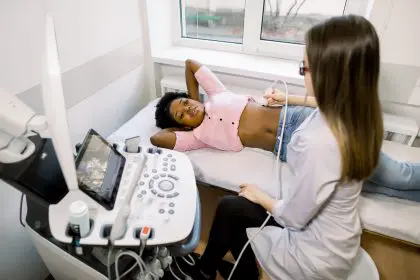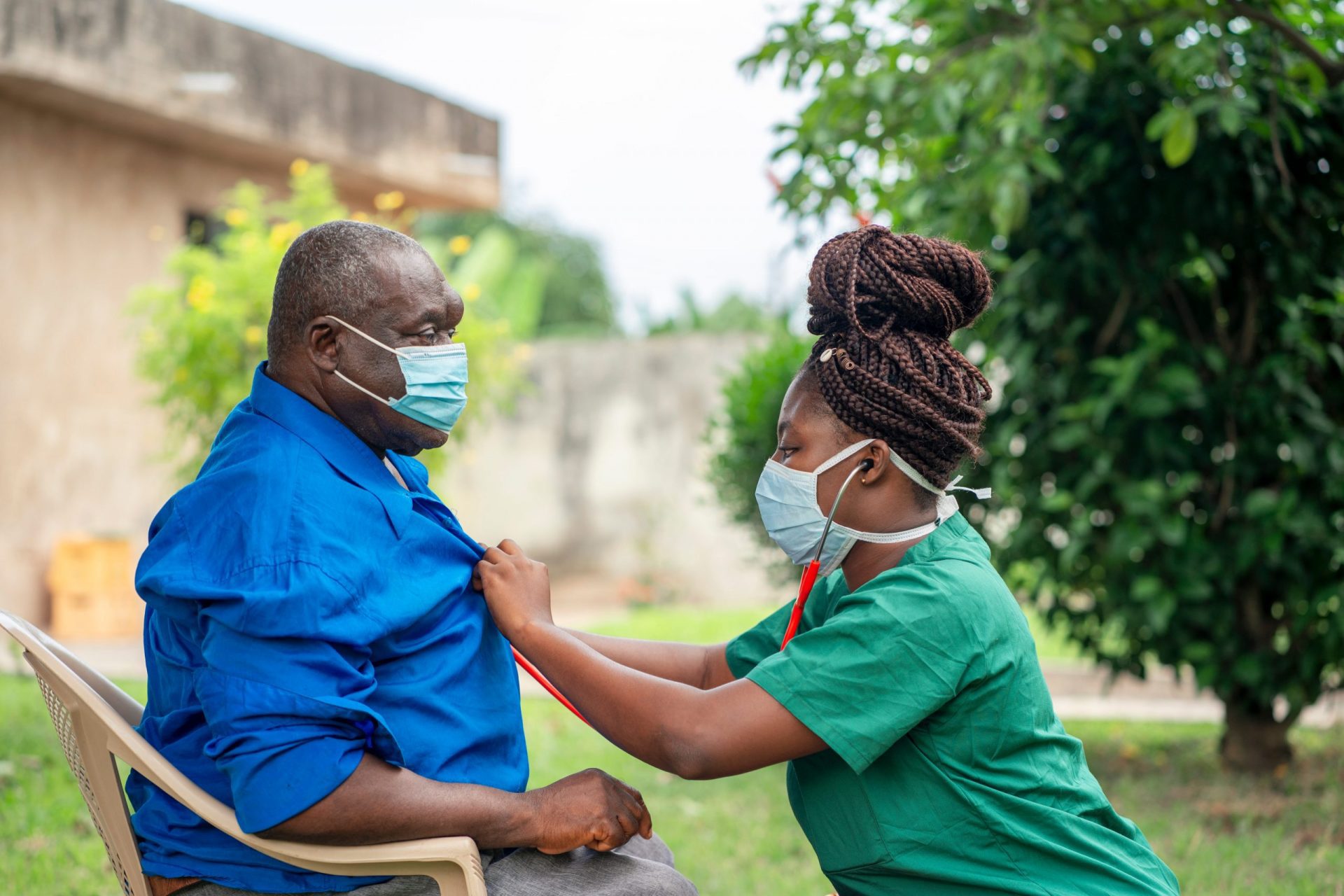In Newark, New Jersey, a unique health facility is making waves by prioritizing holistic, community-driven approaches to wellness over traditional medical interventions. The University Hospital Health and Wellness Center, opened in July 2024, has quickly become a cornerstone of the city’s efforts to address health disparities in innovative ways. With a focus on prevention, education, and empowerment, the center offers programs that tackle social determinants of health like nutrition, mental well-being, and community connection. These five transformative initiatives are helping residents thrive, proving that medicine isn’t always the only path to better health.
1. Nutrition and culinary education
Access to healthy food is a challenge in many Newark neighborhoods, where corner stores often outnumber grocery markets. The wellness center addresses this through its nutrition and culinary education program, which teaches residents how to prepare affordable, nutrient-rich meals. Held in a state-of-the-art community kitchen, classes cover everything from budget-friendly shopping to cooking techniques that maximize flavor and health benefits. Participants learn to make dishes like vegetable-packed stir-fries and whole-grain bowls, tailored to cultural preferences. The program also partners with local urban farms to provide fresh produce, empowering families to make sustainable dietary changes that improve energy, immunity, and overall well-being.
2. Mental health and mindfulness workshops
Recognizing that mental health is as critical as physical health, the center offers workshops focused on mindfulness and stress management. These sessions introduce techniques like guided meditation, deep-breathing exercises, and journaling, designed to help residents cope with daily stressors. Held in welcoming group settings, the workshops foster a sense of community while teaching practical tools for emotional resilience. Topics range from managing anxiety to building self-esteem, with sessions available for all ages, including tailored programs for teens and seniors. By equipping people with skills to navigate life’s challenges, the center helps reduce the need for pharmaceutical interventions.
3. Community fitness and movement classes
Physical activity is a cornerstone of health, but access to safe, affordable exercise options can be limited. The wellness center’s fitness program offers free movement classes, including yoga, Zumba, and strength training, held both indoors and in nearby parks. These sessions are designed for all fitness levels, with instructors emphasizing fun and inclusivity. The program also includes walking clubs that encourage social connection while exploring Newark’s green spaces. By making exercise accessible and enjoyable, the center helps residents improve cardiovascular health, boost mood, and build community ties, all without relying on medical treatments.
4. Health literacy and empowerment seminars
Understanding how to navigate the healthcare system and make informed choices is vital for long-term wellness. The center’s health literacy seminars empower residents with knowledge about preventive care, chronic disease management, and self-advocacy. Topics include reading nutrition labels, understanding medical bills, and recognizing early signs of common conditions like diabetes or hypertension. Offered in multiple languages, including Spanish and Portuguese, these seminars are tailored to Newark’s diverse population. By demystifying health information, the program helps individuals take charge of their well-being, reducing reliance on emergency care or medications.
5. Social connection and support groups
Loneliness and isolation can harm health as much as physical ailments, particularly in urban settings. The wellness center combats this through support groups that bring residents together to share experiences and build meaningful connections. Groups focus on topics like parenting, caregiving, and life transitions, creating safe spaces for open dialogue. Community events, such as cultural celebrations and health fairs, further strengthen ties, fostering a sense of belonging. These initiatives improve mental and emotional health by creating networks of support, showing that human connection can be a powerful tool for healing.
The University Hospital Health and Wellness Center’s approach is rooted in addressing the root causes of poor health, particularly in a city where 26% of residents live below the poverty line and face barriers like food insecurity and limited healthcare access. Unlike traditional medical facilities, the center emphasizes prevention over treatment, using data-driven strategies to tackle Newark’s high rates of obesity, diabetes, and hypertension. For example, its nutrition program aligns with findings that 60% of Newark adults lack consistent access to fresh produce, while its fitness classes address the city’s above-average rates of sedentary lifestyles.
These programs are designed with accessibility in mind. The center operates Monday through Friday from 8 a.m. to 5 p.m., with additional hours on the second Saturday of each month, ensuring working residents can participate. Free parking and public transit proximity make it easy to attend, and all services are offered at no cost or on a sliding fee scale, removing financial barriers. This inclusivity is critical in a city where 40% of households report difficulty affording basic needs, according to recent community health assessments.
The center’s impact is already visible. Participants in the nutrition classes report increased confidence in preparing healthy meals, while fitness class attendees note improved energy and mood. Mental health workshops have helped reduce stress-related complaints, and support groups are fostering tighter-knit communities. By focusing on holistic wellness, the center is not only improving individual health but also strengthening Newark’s social fabric, creating a ripple effect of positive change.
For residents interested in joining, the center welcomes walk-ins and offers easy online registration for programs. Its location in Newark’s Central Ward ensures proximity to underserved areas, and multilingual staff reflect the city’s diversity, making everyone feel welcome. The facility’s modern design, with bright communal spaces and greenery, creates an inviting atmosphere that contrasts with the clinical feel of traditional hospitals.
Newark’s wellness center is a model for how cities can address health inequities without relying solely on medicine. By investing in education, community, and prevention, it empowers residents to lead healthier, fuller lives. As the center continues to grow, its programs could inspire similar initiatives nationwide, proving that sometimes the most effective health solutions come from connection, knowledge, and care rather than a prescription pad. For Newark, this facility is more than a health center—it’s a catalyst for transformation, one life at a time.















